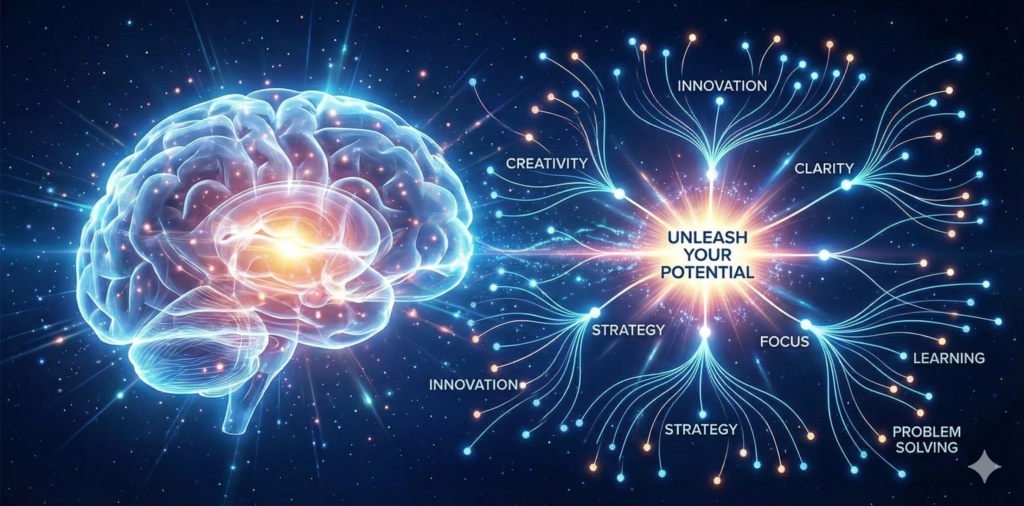For global managers, few things are as frustrating as signing a detailed contract, only to have a partner ask for changes a week later because “circumstances changed.”
This is not necessarily a breach of ethics. It is a clash between Universalism and Particularism. At Ultimahub, we help leaders in Taiwan and across Asia bridge the gap between rigid corporate compliance and the flexible nature of human relationships.
The Core Conflict
Universalism (The Rule-Based Approach): In cultures like the USA, Germany, and the UK, rules apply to everyone equally. A contract is binding, and exceptions are seen as corruption or weakness. “Fairness” means treating everyone the same.
Particularism (The Relationship-Based Approach): In cultures like China, Taiwan, Korea, and Russia, the “right” action depends on the specific situation and the people involved. “Fairness” means treating people according to their unique needs and your relationship with them.
The “Guanxi” Factor in Asian Business
For our clients operating in the Greater China region, this dimension explains the concept of Guanxi (personal connections). In a Particularist culture, a legal contract often holds less weight than the personal trust between two leaders.
If you insist on following the “Standard Operating Procedure” (Universalism) while ignoring the specific needs of a long-term partner (Particularism), you risk destroying the relationship that actually makes the business work.
Manager’s Cheat Sheet: Rules vs. Relationships
We have created this comparison to help your teams navigate these ethical dilemmas.
| Business Scenario | Universalist (Rules First) | Particularist (People First) |
|---|---|---|
| The Contract | Final and binding. “A deal is a deal.” | A rough draft. It evolves as the relationship deepens. |
| Hiring Logic | “Hire the best resume.” Objectivity is key. | “Hire someone we trust.” Fitting into the group is key. |
| Business Process | Standard Operating Procedures (SOPs) must be followed by everyone. | SOPs are guidelines. We adapt them if a key client needs help. |
| Resolving Conflict | Refer to the written agreement or legal clauses. | Discuss privately. Fix the problem without quoting the rules. |
3 Strategies for the Hybrid Manager
To succeed in a global environment, you cannot choose one side. You must integrate both.
Be Tough on Principles, Soft on People When working in Asia, you can enforce Universalist standards (like safety or quality) but do so through Particularist methods. Instead of sending a formal warning email, have a private coffee chat to explain why the rule matters to you personally.
The “Sandwich” Contract When negotiating, combine the two. Have a strict legal contract (Universalist) for the lawyers, but create a “Memorandum of Understanding” (Particularist) that outlines the shared vision and commitment to the partnership.
Allow for “Authorized Exceptions” In your corporate SOPs, build in a mechanism for flexibility. Allow local managers the authority to make exceptions for key relationships, provided they document the reason. This satisfies headquarters’ need for control and the local need for flexibility.
Build a Culturally Intelligent Workforce
Are your compliance teams struggling to get buy-in from local branches? At Ultimahub, we specialize in aligning corporate standards with local cultural realities.




















